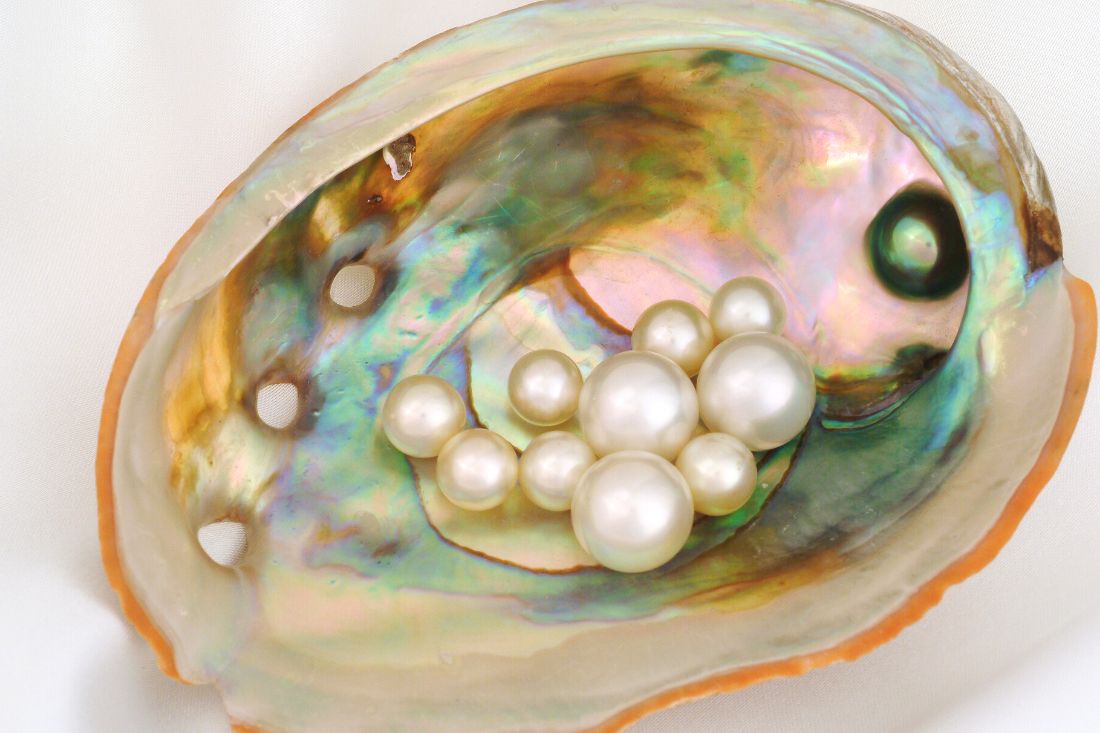The tongue is an easily overlooked part of the body, but it plays an essential role in your daily life. These fun facts about the tongue might surprise you!

What tastes better than it smells? The tongue!
The tongue is responsible for taste, swallowing, and sounds when speaking. Without the tongue, life would be quite different! The tongue is a unique organ in your mouth. And not all tongues are created equal. One gender has a longer tongue on average than the other – can you guess which one?
The tongue is something we take for granted, but there are so many fun facts about the tongue that highlight why this is such a fascinating part of our body.

While it is absolutely possible to live without a tongue, we definitely would not want to. The tongue plays such an important part in your daily life, we don’t think you would want to live without it either!
Beyond the physical functions it performs, the tongue can also be an indicator of your overall health. It helps us speak words, but it also tells doctors if something is wrong.
Did you know the tongue is actually eight different muscles? Or that it is usually around three inches long? These tongue facts will entertain you and hopefully teach you something new too!

14 Fun Facts About the Tongue
1. It’s all about color
The color of someone’s tongue can tell doctors more about their health than their words. When a person is healthy, their tongue is a pink color.
Yet, various problems can change the color. For example, allergies and infections can make the tongue turn red. If there are blisters, then it could be an indication of a negative reaction to certain kinds of medicine. White blisters on the tongue could be from a fungal infection.
But it’s not just the color that can be a clue for doctors. The texture of the tongue is also important. Believe it or not, you want some texture on your tongue. If it is smooth, you could be deficient in certain minerals like folic acid, vitamin B12 or iron.
2. Rolling the tongue is genetic, or is it?
People have been told forever that genes are behind who can roll their tongue. And that is true, to an extent. However, even tongue facts can change over time!
There is evidence of some people learning to roll their tongues. The old nature versus nurture debate now includes tongue rolling.
If you have never been able to roll your tongue, try practicing hard. Like, really hard. Perhaps you can learn to do it. Take that, genes!

3. The tongue is longer than you think
When you stick your tongue out, it seems fairly long. But the average tongue is just over three inches long.
To measure a tongue, start at the epiglottis, this is the flap or section of cartilage towards the rear of the mouth. Then, end at the tip of the tongue. On average, a man’s tongue will be about 3.3 inches while a woman’s tongue is around 3.1 inches.
However, the Guinness Book of World Records records the longest tongue at 3.97 inches! It belonged to American Nick Stoeberl. Talk about a wagging tongue!
4. Not all taste buds are on the tongue
Contrary to popular belief, the tongue is not solely responsible for taste. There are taste buds in other areas of the mouth too.
The bulk of taste buds are on the tongue. However, there are more on the epiglottis, that flap at the back of your tongue we mentioned. There are taste buds in your nose and sinuses, which is why smell is so important in eating.
But taste buds don’t stop there. There are more down your throat and even in the upper part of the esophagus! Babies and younger kids can taste more than adults as they have more taste cells in the membranes of their cheeks and even their lips.
5. There are A LOT of taste buds
Not all taste buds are on the tongue because they probably wouldn’t all fit there! There are between 2,000 and 4,000 taste buds in the average human. Even more fascinating, the taste cells renew each week. Taste cells are responsible for perceiving taste and triggering a message to the brain.
In the population, scientists think about 25% of people are “supertasters.” These overachievers have a heightened sense of taste. Most notably, they taste bitter foods exceptionally well.
However, the other end of the spectrum is that the bottom 25% of people are “non-tasters.” These people can taste some things, fortunately. But they are less sensitive to the bitter taste. How’s that for some fun facts about the tongue?

6. There are lots of records involving the tongue.
Beyond the longest tongue, there are quite a few Guinness World Records involving tongue facts. For example, Casey Severn broke the world record for releasing the most mousetraps on a tongue in one minute. If you’re wondering, the number is 53.
Have you ever thought about putting a hook through your tongue and lifting things? Well, Thomas Blackthorne did just that. He lifted 27 pounds and 8.96 ounces with his tongue! Talk about a tired tongue.
Can you touch your tongue to your nose? How about holding it there for an extended period of time? Well, Lukas Bikker from the Netherlands held his tongue to his nose for an incredible 14 minutes and 1 second.
These are just a few examples. It’s crazy what people do with their tongues.
7. You can’t see taste buds
Those dots on your tongue are not taste buds. They are actually papillae. Then, taste buds sit on top of those. Each papillae has about six different taste buds buried inside.
And there are actually three different kinds of papillae. Fungiform are most common and are at the tip and edges of the tongue. Circumvallate and foliate papillae are less common but are visible to the naked eye.
Circumvallate is bigger, and 7 to 12 make up a V-shape towards the back of the tongue. Foliate are on the edges of the tongue towards the rear.
8. The whole tongue tastes everything
People tell us growing up that there were different tasting zones on the tongue, sweet, sour, salty, and bitter. However, that is not true.
You can actually taste these four, along with umami, or savory, on any part of the tongue or mouth. Was everything we were taught as kids wrong!?

9. The tongue is made of fat
A significant portion of your tongue is fat, so if you gain weight, so does your tongue. But this bigger tongue does not result in more tasting.
In fact, a larger tongue that has extra fat can lead to sleep apnea, which can be dangerous. It is common knowledge that overweight people experience higher rates of this disorder, and an enlarged tongue might be part of the cause.
10. The tongue can save your life
This tongue fact is not just interesting, it’s lifesaving. Historically, people relied on taste buds to keep humans alive.
Bitter and sour tastes could mean the person was eating poisoned or rotting food. Meanwhile, foods high in essential nutrients were typically sweet or salty.
11. A tongue print is like a fingerprint
Just like the tip of your finger, the tongue is unique for each person. In fact, scientists think we might be able to use the tongue to identify people. Maybe one day police will take finger and tongue prints during booking.

12. The tongue is NOT the strongest muscle in the body
While your fourth-grade teacher might have told you this to encourage kind words, the tongue is not actually the strongest muscle in the body. That distinction goes to the quads and glutes.
Rather, the tongue is eight different muscles. This fact makes the tongue the most flexible. It is also why people can talk all day and not get tired.
13. The tongue needs a little help
Your tongue can’t taste food the second they come in contact. Saliva is an essential component of eating. As saliva moistens food, taste buds can decipher taste. The first taste generally noticed is salty because salt dissolves quickly when wet.

14. Speed talkers are real
The tongue can say around 100 words a minute. On average, people can say four to five syllables in one second. Since most words are two to three syllables in length, it is common to say 100-120 words a minute.
Add that up and some people speak over 20,000 words a day! Talk about long-winded. Most people say between 7,000 and 12,000 words a day. But, the average person only speaks for about 100 minutes in a single day.
Who wants more fun facts?

If you’re looking for some recommendations, these are a few of our favorite fact books to buy. We use these when planning fun trivia nights with family and friends!
These tongue facts should make you appreciate this hard-working organ more. Are you a fast-talking tongue-roller? Or do you prefer to keep your thoughts, and tongue, to yourself?
Which of these fun facts about the tongue was the most interesting to you? You can let us know in the comments below!






